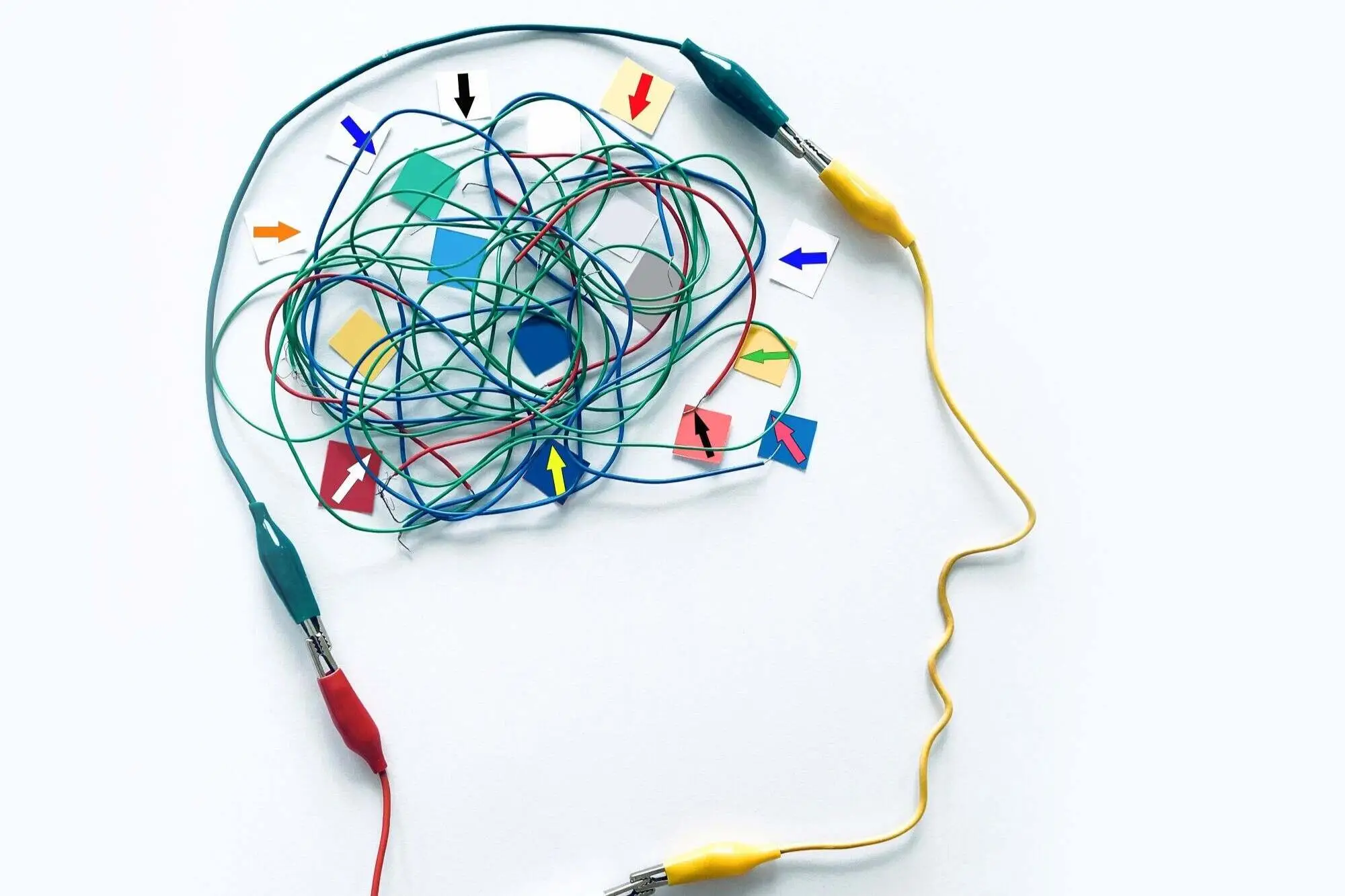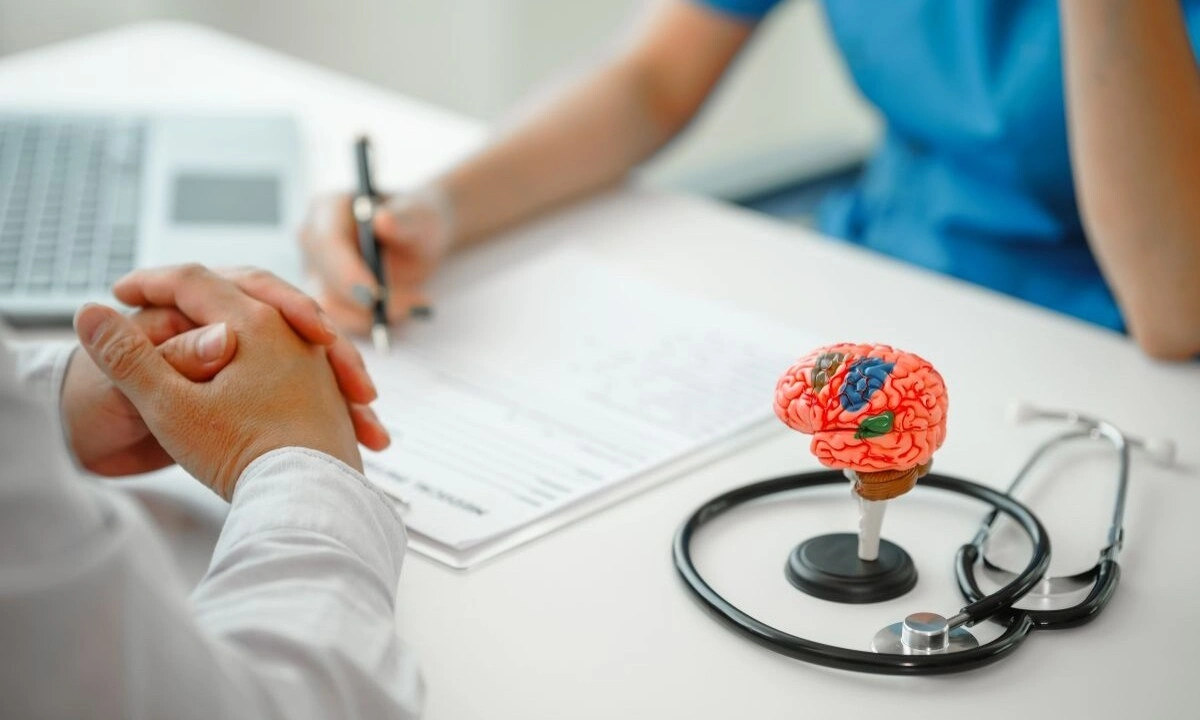When you use drugs or alcohol for a while, your brain changes. The shifts make you feel like you can’t live without substances. But your brain can bounce back in time.
People recover every day. Sometimes addiction recovery feels impossible, but many people find ways to get better and heal the different parts of their brains affected by substance use.
How Substance Use Affects the Human Brain
Healing from an addiction takes more than willpower since it rewires your brain to act against you. Here’s what happens step by step:
- Your brain’s control center gets hijacked
The prefrontal cortex informs how you make decisions. Addiction hampers impulse control. Quitting then gets harder, even when you know you’re making a poor choice. - Dopamine receptors get weaker, not stronger
Addiction makes your brain respond to dopamine incorrectly. Normal rewards like food, music, or hanging out with friends start to feel dull. - Your brain chases highs that aren’t fun anymore
Over time, your brain forces you to want substances even when you no longer find them enjoyable. This dependence means use is based on a compulsive need to feel ‘normal’. - Your survival system gets tricked
Once you’re addicted, your brain starts to feel that substances are essential for staying alive. It takes over your reward system and makes stopping feel dangerous or deadly.
Dopamine Addiction Signs
When your brain depends on drugs or alcohol for dopamine, you might notice:
- Nothing feels fun without using
- Hobbies and social activities feel boring
- You need more substances just to feel okay
- You feel awful when you’re not high or drunk
- You keep using substances even when they damage relationships or work
Neuroplasticity: How Your Brain Can Heal
Your brain can make new connections throughout your life. This adaptability is referred to as neuroplasticity. This notion allows your brain to find new roads when the old ones are blocked, highlighting how obtainable addiction recovery can be.
Even if you’ve been using drugs for years, your brain can:
- Fix damaged connections
- Get better at controlling impulses
- Make new pathways for better habits
- Start making its own dopamine again
Can Your Brain Repair Itself After Drug Abuse?
People who stop using substances show real improvements, such as:
- Emotions becoming easier to handle
- Decision-making can improve within a year
- Memory getting better after 6–12 months
- The brain begins rebalancing dopamine levels and restoring healthy signaling
What Impacts Your Brain’s Healing
Your brain wants to heal itself. It just needs time and the right conditions. However, some things influence how smooth your recovery is:
- How long you used (longer use means longer healing time)
- What substances you used (some drugs cause more damage)
- Your age (younger people often heal faster)
- Your physical health (good nutrition and sleep help a lot)
- Mental health problems (depression makes everything harder)
- Who’s in your corner (supportive people make a huge difference)
How Long Does It Take to Rewire the Brain?
Your brain heals in stages, but this can look different for each person:
- First Month: Your brain tries to make dopamine on its own again. Cravings and mood swings are worst at this stage.
- 3–6 Months: You think more clearly and feel more like yourself.
- 6–12 Months: Making decisions gets easier, and cravings subside.
- 1–2 Years: Many experience improved focus, memory, and mood stability (some effects may take longer to fully resolve)
Warning Signs That Affect Recovery
These early behavioral warning signs tell you it’s time to get help before brain damage gets worse. Catching them early means better chances for full recovery.
Signs You Need Immediate Attention:
- Using drugs even when they’re causing major problems
- Not stopping once you start using
- Lying about how much you use
- Avoiding people who care about you
- Panicking when you can’t get substances
- Behaving riskily just to get high or drunk
Indicators Your Brain Has Started Changing:
- Can’t feel happy without substances
- Normal activities feel pointless
- Trouble making simple decisions
- Personality shifts when using
How to Reset Your Brain
You need to work at reprogramming your brain. Using several different approaches works better than trying just one thing.
Professional Treatment Options
Working with medical professionals through therapy approaches can speed up your brain’s healing. These methods include:
- Cognitive-behavioral therapy to catch and change negative thoughts
- Dialectical behavior therapy to learn how to handle strong emotions
- Trauma therapy to deal with bad experiences that might be fueling addiction
Neuroplasticity Exercises
These daily habits help build new neural pathways:
- Meditation to build focus and emotional control
- Writing in a journal to get your thoughts out and help you track progress
- Learning an instrument, art, or new languages to build brain connections
- Switching bad habits for good ones, like exercise, reading, or hobbies
Brain Health Through Nutrition and Lifestyle
Good brain care is holistic and incorporates sustainable habits that help you feel better overall.
Foods:
- Fish, walnuts, and flaxseeds (omega-3s)
- Berries and leafy greens (antioxidants)
- Eggs, chicken, and beans (protein)
- Brown rice and vegetables (complex carbs)
Lifestyle:
- 7–9 hours of sleep every night
- Exercise to boost natural dopamine
- Drink enough water (being dehydrated messes with your brain)
- Cut back on caffeine and sugary foods
Rebuild Your Brain With Support
Don’t let your addiction make you feel hopeless. Your brain isn’t broken; it’s changed. With the right help and commitment, you can help it heal and learn new patterns. Treatment programs give you the structure, support, and medical care your brain needs to heal the right way.






